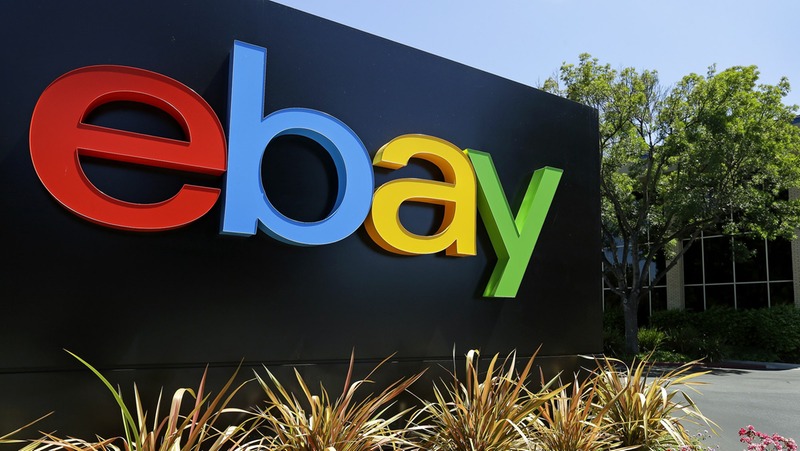Ebay founder launched tests in Kenya giving free money

Omidyar Network, the philanthropic investment arm started by eBay founder Pierre Omidyar, has invested $493,000 into an experiment giving people in Kenya free money.
The Omidyar Network is hoping the study will help advance the debate around basic income from broad theoretical terms to more practical considerations.
Universal basic income (UBI) is the notion that a government should guarantee every citizen a yearly sum of money, no strings attached. The thinking is that such a program would relieve economic stress as automation technology severely reduces the demand for labor.
"While the discussion has generated a lot of heat, it hasn’t produced very much light," wrote the Omidyar Network's Mike Kubzansky and Tracy Williams in a blog post announcing the pledge. "There is very little research and empirical evidence on how and when UBI could best be used."
The experiment, put on by the charity GiveDirectly, tests an up-and-coming solution to poverty known as basic income. People under basic income receive a set amount of money on a regular basis to cover expenses like rent, food, and clothing.
GiveDirectly is looking to add to that knowledge with one of the biggest trials of a basic income system in history. The group recently launched a 12-year pilot program in which it plans to give 6,000 Kenyans regular stipends for the entire duration. Around 20,000 more will receive at least some form of cash transfer.
GiveDirectly has raised $23.7 million of its targeted $30 million. A spokesperson from the charity says the new investment does not change the timeline of the overall experiment.
Omidyar, for its part, has expressed optimism that once it begins it'll produce many fruitful insights "unlike those of any past study and provide evidence-based arguments to shed light on the discussions around the future of work and poverty alleviation policies."

